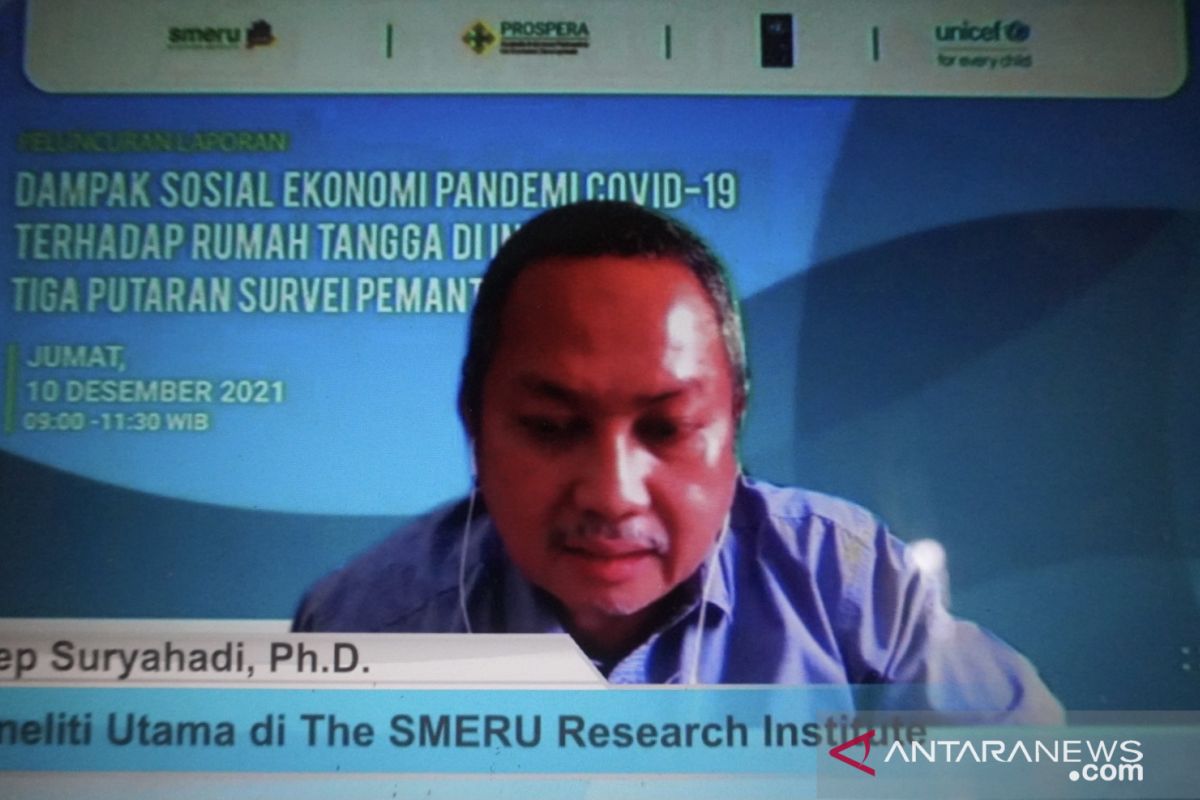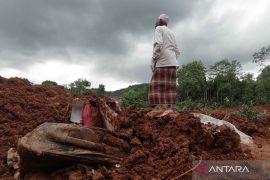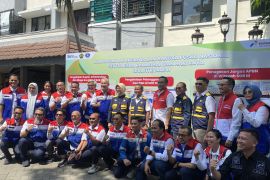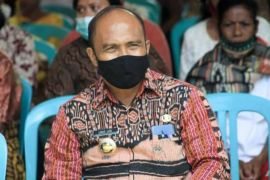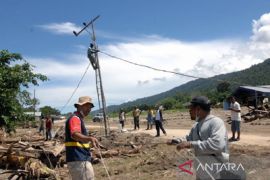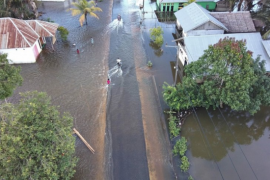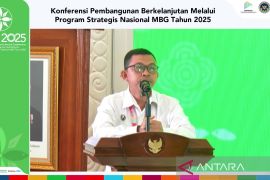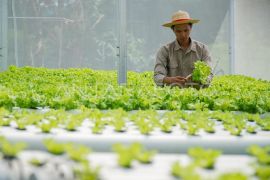The survey conducted by the United Nations International Children’s Emergency Fund (UNICEF), United Nations Development Program (UNDP), PROSPERA, and the SMERU Research Unit covered 2,400 households across 34 provinces of Indonesia, he informed.
The result showed that household incomes were 78.9 percent lower in October and November 2020, 60.5 percent lower in December 2020, and 53.4 percent lower in January 2021, he said.
Related news: Unhappiness rises in households, children during pandemic: survey
“Half the households lost half of their incomes. They did not have savings to survive, so they (resorted to) other strategies, such as selling their assets and borrowing money from their families,” Suryahadi informed.
In addition, the survey revealed that one in 10 breadwinners had to move from their workplace and switch to the informal sector, he said.
Half of them faced income fluctuation during the three periods (October-November, December, and January) and they also faced a concurrent food spending and income decrease, he added.
Related news: New US-UNICEF agreement inked to support Indonesia's COVID-19 response
“Most of them also experienced food insecurity. Households facing moderate to severe food insecurity touched almost 12 percent,” he noted.
On the occasion, UNDP Indonesia Deputy Resident Representative Shopie Kemkhadze said the survey was an eye-opener for all parties and underlined the need to take action.
“The study has grown concerns among all of us since it clearly portrays challenges that households face,” she highlighted.
Related news: Japan, UNICEF to help strengthen Indonesia's vaccine cold chain
"The survey offers some recommendations for policy-making, including social assistance sustainability, especially for households with children, enhancing workers’ protection, and ensuring access to health services,” she added.
Meanwhile, the Finance Minister’s special staff on fiscal policy formulation and macro-economy, Masysita Crystallin, said that follow-up studies are required to provide more comprehensive results pertaining to social assistance.
“Further studies are expected to be conducted to present more profound information and effective mechanism on social assistance for the public,” she remarked.
Related news: President upbeat about Indonesian sharia economy's prospects
Related news: Indonesia adds 198 COVID-19 cases in one day
Reporter: Juwita Trisna Rahayu
Editor: Fardah Assegaf
Copyright © ANTARA 2021
